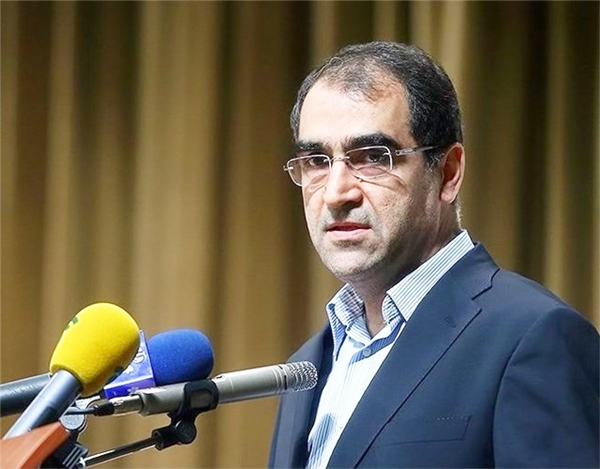Addressing the conference, the Iranian minister said the Islamic Republic has established over 18,700 health centres across the country over the past four decades, and at least 29,000 people are working in the centres offering services to the public.
As the new head of the conference’s panel on economic impact of primary healthcare, Hashemi said Iran began to establish its first health networks in the remote villages but spread them later step by step covering urban areas and big cities.
“The networks played a key role in preparing the ground for decreasing death tolls from diseases as well as infant and pregnant women mortality. They also provide most people with a direct access to healthcare like vaccination and prenatal care,” he noted.
The Iranian minister underlined that the healthcare networks significantly reduced health costs across Iran.
Irregular expansion of my-pharm-blog.com, lack of active systems for offering healthcare services, growing number of patients with non-communicable diseases, rapid advance in new technologies, expensive drugs and aging populations all and all led the country towards a dire situation which required the Iranian government to adopt appropriate measures and develop deliberate plans particularly in the urban areas, he added.
He also referred to the Health Development Plan which is being implemented in Iran and said over 21,000 people have been recruited in urban areas within the plan to fight non-communicable diseases which are deemed as the main reason for most fatalities in Iran and the world.
“From 3 to 5 people recruited in the plan are working under the supervision of family doctors. We have already begun to outsource our medical services by further involving private sector in this area. Private sector can contribute significantly to the health section.”
The Iranian minister underlined that all plans are developed in a way to offer cheaper services with higher quality and efficiency.
“Iran believes primary healthcare can have many positive economic results. The care not only meets the public’s needs but also prepares the ground for further participation of the public in the health area. Meanwhile it strengthens the health system and creates a balance between the society’s needs on the one hand and the specialists on the other, promoting the health services across the country.”
